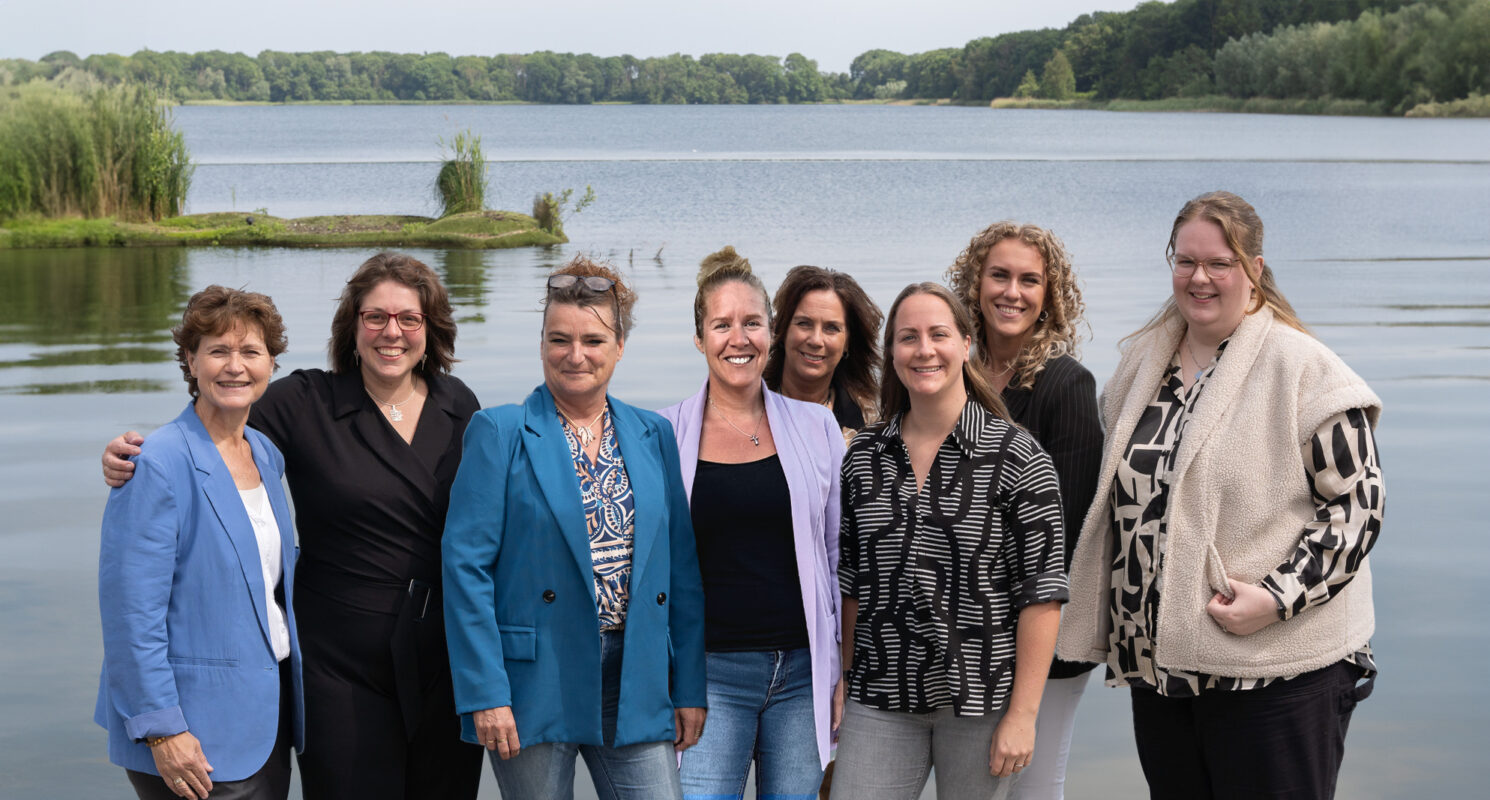You can reach World Water Academy by telephone: +31 030 606 94 00 or e-mail: info@worldwateracademy.nl.
Toxicity in Surface Water
Learning targets
If you work daily on the quality of (Dutch) surface water, toxic substances regularly demand your attention. They are also increasingly featured in the media, such as Pyrazole, GenX, pharmaceutical residues, and chemicals in surface water. Through discharges—whether legal or illegal—these toxins disrupt the ecology and the functioning of wastewater treatment plants. However, which concentrations are harmful and their effects on water quality are often unknown. How do you get a better understanding of this issue?
In the Toxicity in Surface Water course, you will learn about the behavior of toxic substances based on their physical-chemical properties. You will also discover how this behavior is influenced, what the effects are on flora and fauna, and what you should and shouldn’t do in the event of an incident.
After completing the course, you will be able to provide advice on managing discharges or incidents involving toxic substances and on the intake of surface water for drinking water purposes. Additionally, you will better understand the effects of toxicity on flora and fauna, making this aspect of surface water management much clearer to you.
The following topics will be covered:
- the most common toxic substances
- basic knowledge of toxicity
- concentrations
- distribution
- short- and long-term effects
- discharges and incidents
- toxicity as a key factor
After completing this course, you will have the following knowledge & skills:
- provide advice on discharges or incidents involving toxic substances, or on the intake of surface water
- understand the effects of toxic substances on flora and fauna
Program
World Water Academy has carefully put together a varied program for you. The Toxicity in Surface Water course lasts one day. In addition to the theory on types of substances in the water, their behavior, and effects, you will work with several practical examples. You will learn to analyze which substances are involved, how they behave, and what their harmful effects are.
Topics:
- toxicity in the broader context
- key factors
- responsibility of the water manager
- classification of substance groups
- basic knowledge of toxicity
- tools for water hazard assessment
- establishment of standards
- urban water
- distribution of a discharge (behavior of toxic substances)
- action perspectives for various types of discharges
Personal input
At World Water Academy, everything revolves around both knowledge and practice. Therefore, we expect each participant to bring their own work experiences to the course. What challenges are you facing? And what experiences can you share so that others can learn from them.
Target group
The Toxicity in Surface Water course is intended for enforcement officers, permit issuers, policy officers, incident observers, and anyone involved in water quality.
Learning Together
Our group-based approach creates an enthusiastic learning environment where you can engage in valuable discussions about both the content and your work situation.
Entry Level
You should have a background at the MBO/HBO (vocational or higher education) level. Additionally, we expect you to have some basic knowledge of chemistry.
Special Notes
A personal laptop is required, on which you can work with Excel (for calculations related to contaminant concentrations) and use the PCLake metamodel.
Feel free to ask us about our products and courses
